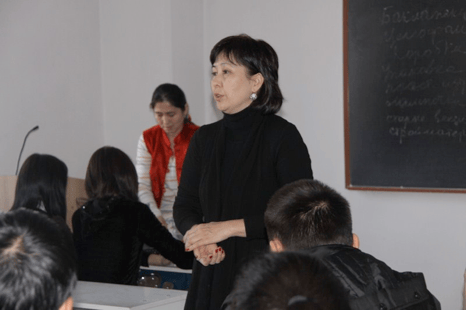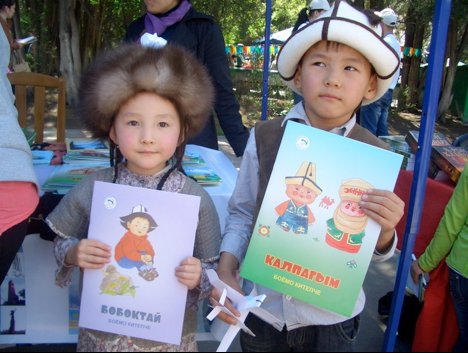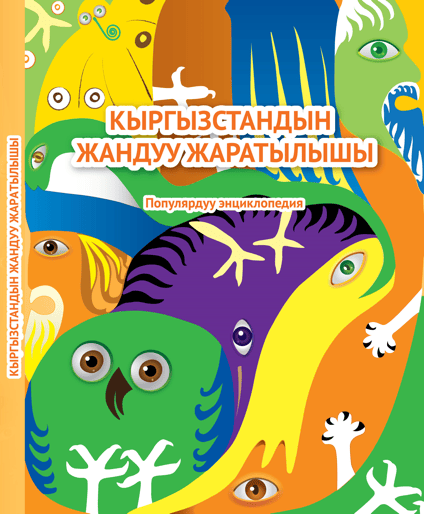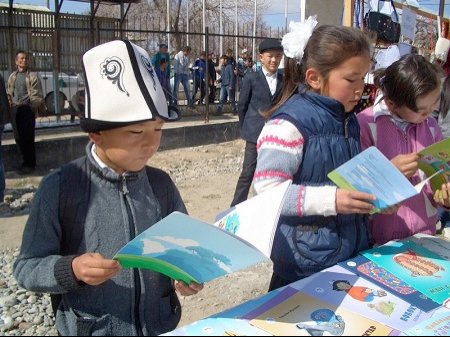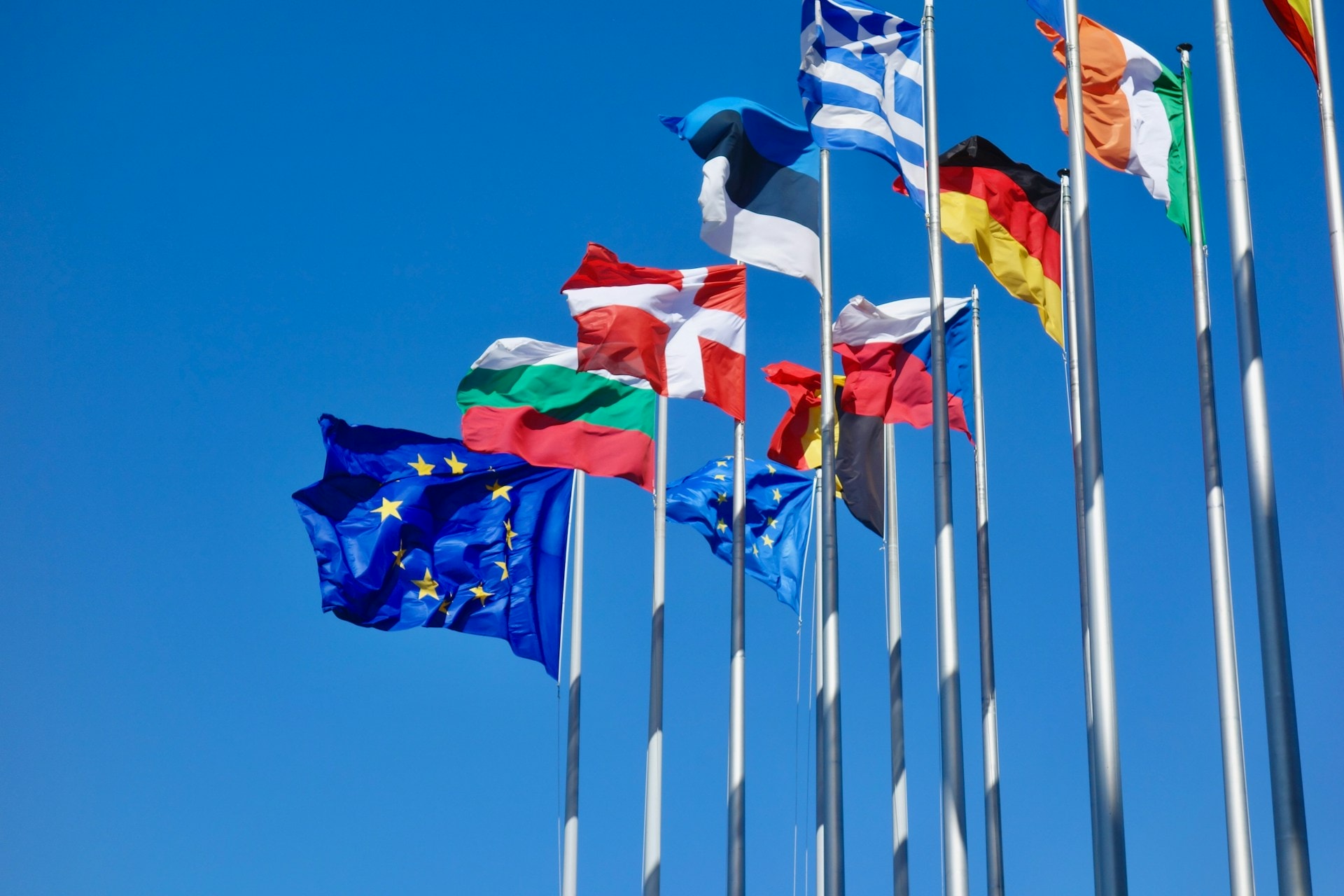NGOs became something inseparable from the life of our world as they promoted and expanded methods of interaction between civil society institutions and authorities. Kyrgyzstan is no exception.
Upon gaining its independence, Kyrgyzstan gained thousands of NGOs as well. Generally, NGOs conduct their activities through grants allocated by different foundations, charities, and government organizations from richer countries for various projects: development of democratic institutions and processes, protection of human rights, provision of legal aid, gender issues, environmental protection, the development of independent media, etc. These are mostly political issues, which can give rise to public disagreements. But today we will focus on education, education that connects children and young adults with their native land and culture and gives teachers the ability to promote this knowledge with their students. We’ve asked Mrs. Almagul Osmonova, CEO and Founder of “Taalim Forum” Public Foundation to introduce us to her work in Kyrgyzstan, their progress, and what are the obstacles they are facing as a non-profit.
This is what she told us.
 “Public Foundation ‘Taalim Forum’ was established in May 2006 through the initiatives of university teachers. ‘Taalim’ means education. It reflects our mission – to support educational initiatives, to improve the learning environment, promote innovations, professional development of teachers and developing educational resources. The word ‘Forum’ means that we are open to discussing issues related to education and improvements in all the spheres of life.
“Public Foundation ‘Taalim Forum’ was established in May 2006 through the initiatives of university teachers. ‘Taalim’ means education. It reflects our mission – to support educational initiatives, to improve the learning environment, promote innovations, professional development of teachers and developing educational resources. The word ‘Forum’ means that we are open to discussing issues related to education and improvements in all the spheres of life.
Related article: “KYRGYZSTAN CULTURE”
In the Photo: Second Festival of Education “Education for everyone.” (2014)
Our organization is non-commercial and non-governmental. Since 2007, we started working in the area of environmental education. In this work, we are supported by a private charitable organization – the Christensen Fund from the U.S. This fund supports the efforts of various organizations and individuals around the world with the aim to protect bio-cultural diversity for children and young adults.
We work with various groups of people – schoolchildren, university students, teachers, university instructors, and local communities. We promote place-based education methods and holistic approaches in education; we organize trainings and workshops, eco-festivals and summer schools. We gained experience in publishing. Our books are mainly developed for children and school students. All our books help students to learn about our nature and culture to strengthen connections between our children and their native land and cultural values.
In the Photo: Popular Encyclopedia “Wildlife of Kyrgyzstan”, available in Kyrgyz and Russian, 2015.
Over years of working in this field, we have learned a lot, gained experience and continued to work today by extending the range of our partners and associates. Starting this year, we joined a program protecting snow leopards. In our mountainous country, in the highlands of Tien Shan, one can meet snow leopards. Unfortunately, the population of these magnificent animals has declined sharply. Today, according to the scientists, there are no more than 200 individuals left. We plan our activities with schoolteachers and students in the mountain regions of Tien Shan and Pamir.
We hope that we can raise awareness of young people who will be able to protect and increase the biological diversity of mountain ecosystems.
For a full mindmap behind this article with articles, videos, and documents see #kyrgyzstan
Among our major partners are foreign sponsors. Unfortunately, we don’t have much support from the side of our state agencies. The contribution of non-governmental organizations in the development of our country and easing social problems is not sufficiently valued by the government. The parliament is discussing the draft law, “On foreign agents” trying to establish control over NGOs receiving funding from foreign foundations and those involved in political activities. Some people think that such a law is anti-democratic. In fact, life in society consists of different spheres and sometimes improvements are impossible without changes in policies.
In the Photo: Multimedia program presentation in Kyrgyz regions, 2014.
But we are optimistic. Our initiatives are very well perceived by people, children, and students. The teachers gratefully accept educational resources that we develop. And this is very encouraging. We will continue our work because we truly believe that positive changes are possible through education and improved learning environment.”
You can find more about “Taalim-Forum” on their website.
Recommended reading: “DISRUPTED ‘FOREIGN AGENT’ LAW SHOT DOWN MY KYRGYZSTAN’S PARLIAMENT”
_ _


